Thursday, at the annual Microsoft Financial Analyst meeting, CEO Steve Ballmer gave a somewhat baffling explanation about Microsoft's position on tablet/slate computing that seems to run contradictory to the strategy of one of the company's biggest manufacturing partners.
Though Microsoft is focusing this year on Kinect, Bing, and Office as areas of consumer growth, the biggest consumer product for Microsoft, beyond all others combined, is Windows.
"Windows and Windows' success is a tide that floats all boats, so to speak," Ballmer said in the meeting Thursday. "Of those 400-odd million PCs that'll get sold in the next year, over two-thirds of them will get sold to the consumer. So, our biggest consumer product, no question, actually is the consumer Windows PC."
Ballmer said Windows has close to a 93% market share for all laptop computers, and the share is still growing. But there is competition coming in the form of the tablet computer running a non-Windows operating system.
"We've had Windows 7 on tablets and slate machines now for a number of years, and Apple has done an interesting job of putting together a synthesis and putting a product out, and in which they've -- they sold certainly more than I'd like them to sell, let me just be clear about that," Ballmer said. "We think about that. We think about that in competitive sense. And for us, then, the job is to say, 'Okay, we have a lot of IP, we have a lot of good software in this area, we've done a lot of work on ink and touch and everything else -- we have got to make things happen.' Just like we had to make things happen on netbooks, we've got to make things happen with Windows 7 on slates."
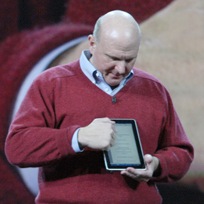
"We're working with our hardware partners, we're tuning Windows 7 to new slate hardware designs that they're bringing them to market," Ballmer said, emphasizing the impact Intel's Oak Trail processor will have on slate development when it arrives next year.
So non-Windows tablets are threatening to make a dent in Microsoft's consumer dominance, and to cover that portion of the market, it is working on consumer Windows Slate products.
Compare this to a statement from Todd Bradley of HP's Personal systems group at the Fortune Brainstorm Tech conference:
"I think you'll see us with a family of Slate products, clearly a Microsoft product in the enterprise, and a WebOS product broadly deployed," Bradley said.
HP was the biggest Slate partner Ballmer mentioned in his CES 2010 keynote last January (the other two were Pegatron and Archos,) but the company's support for Windows Slate has come into question since it moved to acquire Palm and its mobile device business in April 2010. If the company is creating Windows 7 slates for the enterprise sector and WebOS for consumers, it is actually going completely against what Microsoft says it needs.
Toshiba's compelling dual-screen "Libretto" tablet is expected to be available in August, and it runs Windows 7 Home Premium, but Toshiba has said it will only be available in limited supply and it is more a concept device than mass market tablet competitor.
So there are Windows 7 slates on the way very soon...but they're not meant to cover the market populated by the iPad or rumored-to-be-pending Android-based devices from Asus, Samsung, Lenovo, and Acer.
At the end of his discussion Thursday, Goldman Sachs analyst Sarah Friar asked Ballmer to be absolutely clear about what version of Windows the Slates will get.
Here is Ballmer's response in full:
"We're coming full guns. The operating system is called Windows. No...there's... let me be unambiguous. A new Windows Phone for screen sizes that, let me just say, are, you know, sort of bigger than three or four inches ...the answer is Windows Phone. We are in the game. We're all in the game today with Intel architecture machines. We've got improvements coming from Intel. We're driving forward. We're unambiguous about that. Now, where we'll go and what's going to matter --I said also in my remarks that in no way will we allow hardware to be the impediment. We will embrace what we need to embrace over time in terms of hardware evolution.""But you say to me, 'Are we going to see slate?' Yes. What processor are they going to have? They are going to have an Intel architecture processor at least in any foreseeable future. Are they going to run Windows? Yeah. Will it be tuned? Yes! And we are going to sell like crazy. We are going to market like crazy. We have devices that will run more applications, that have as much content, that have anything you want on the planet. And we have an ecosystem of developers that know how to write applications for that thing. Believe me, as I think everybody knows, you can buy two PCs for the price of one iPad -- two netbooks today for the price of one iPad. So, people are sitting there over-celebrating bomb costs and blah, blah, blah. We and Intel can get our job done, and know how to make money."
For an "unambiguous" statement, this still requires a bit of parsing:
1.) Slates are built on Intel's chips and will run some version of "Windows."
2.) There is also a version of Windows Phone for devices bigger than 4" on the way, but the devices that will utilize it are still unknown, and indeed Microsoft is not limiting itself to a processor type or instruction set with that OS. These do not appear to fall under the description of "Slate."
Ballmer then went on to say, "Let's not speculate, let's merely say when you get your Windows 7 machine, it will print. Let's just start with that. I mean some people actually like to print every now and then. Ours will print."
That part, at least, sounds like a strategy anybody can grasp.
Copyright Betanews, Inc. 2010








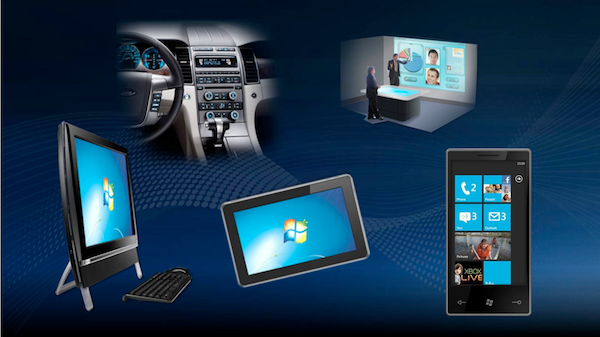
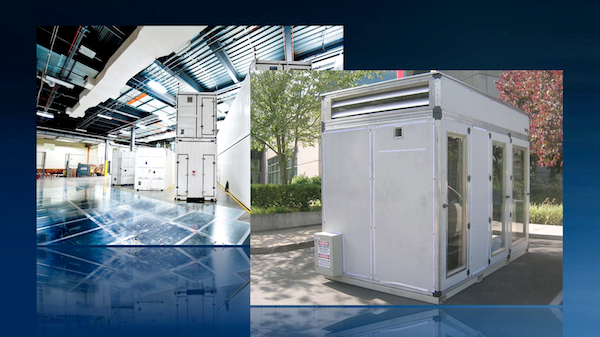







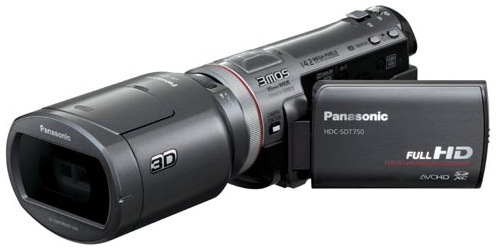

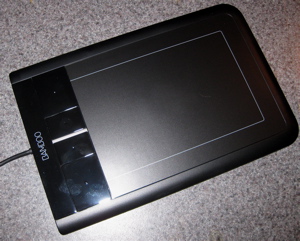







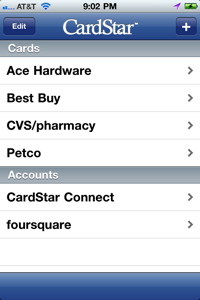
 With the new Foursquare integration, users can also check into the store where they're shopping as they call up their rewards card. The first time a user does this, he doesn't really experience any significant reward to checking in. However, if it is a place he frequently visits, like his neighborhood grocery store, for example, the app can remember the area as a "favorite place," and automatically call up the appropriate rewards card whenever he's in that location.
With the new Foursquare integration, users can also check into the store where they're shopping as they call up their rewards card. The first time a user does this, he doesn't really experience any significant reward to checking in. However, if it is a place he frequently visits, like his neighborhood grocery store, for example, the app can remember the area as a "favorite place," and automatically call up the appropriate rewards card whenever he's in that location. 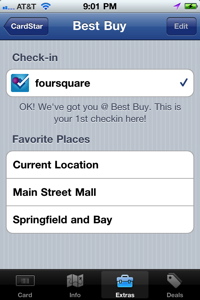
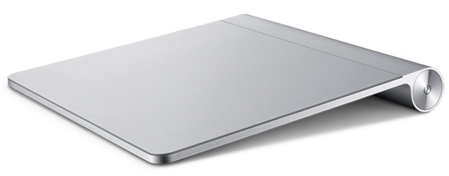
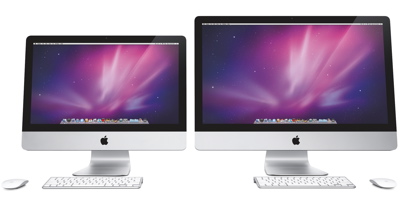
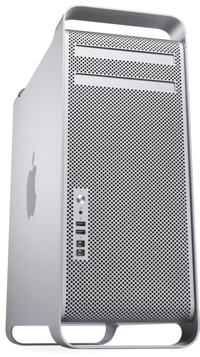
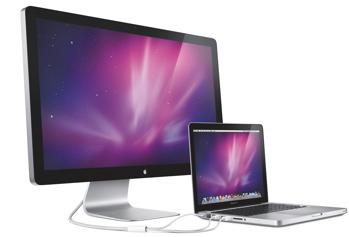

 Comic-Con attendees take the Rock Band 3 stage
Comic-Con attendees take the Rock Band 3 stage
 Many comics or graphic novels are coming to iPad
Many comics or graphic novels are coming to iPad Garrett Wang, who played Harry Kim on "Star Trek: Voyager"
Garrett Wang, who played Harry Kim on "Star Trek: Voyager"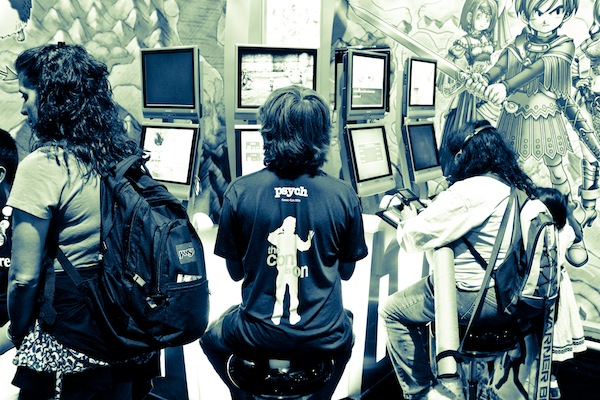 Gameplay at the Nintendo booth. Where's Xbox?
Gameplay at the Nintendo booth. Where's Xbox?

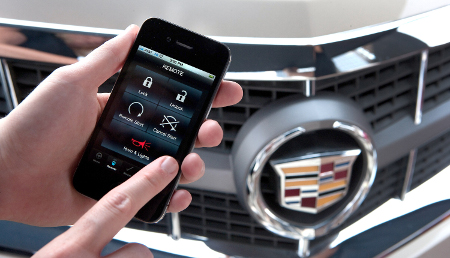 Today, OnStar and General Motors announced a plan to bring mobile phone-based controls to 2011 Chevrolet, Cadillac, Buick and GMC automobiles.
Today, OnStar and General Motors announced a plan to bring mobile phone-based controls to 2011 Chevrolet, Cadillac, Buick and GMC automobiles.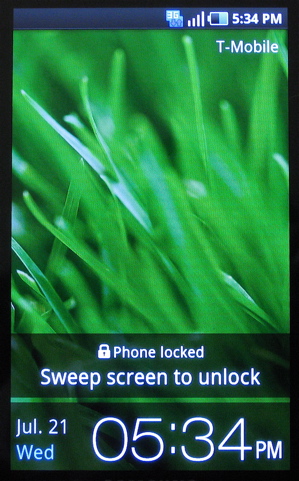
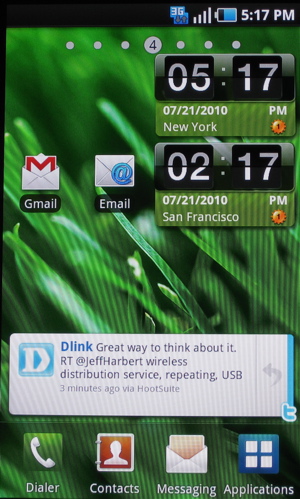

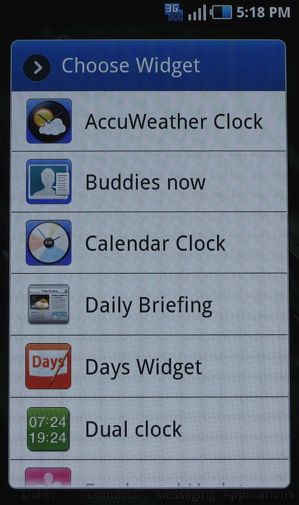
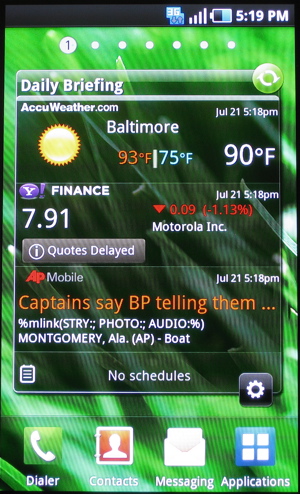

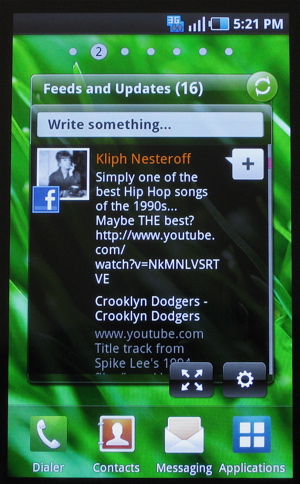
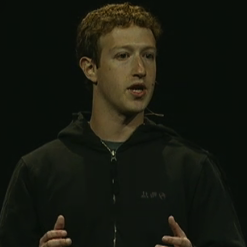
 The fact that there are two main Android development tracks often gets lost in the shuffle.
The fact that there are two main Android development tracks often gets lost in the shuffle. 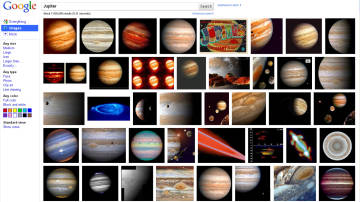 Google's
Google's 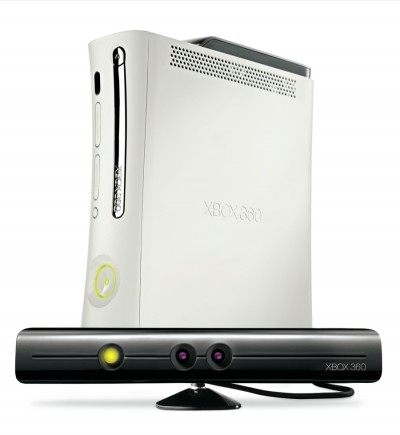 Microsoft announced pricing and availability on Tuesday for its
Microsoft announced pricing and availability on Tuesday for its 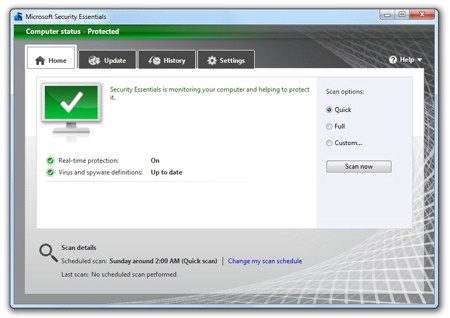
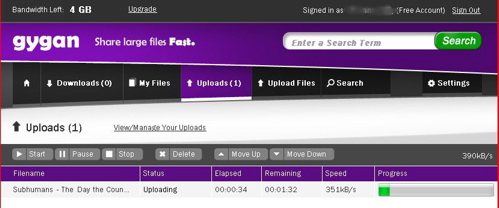
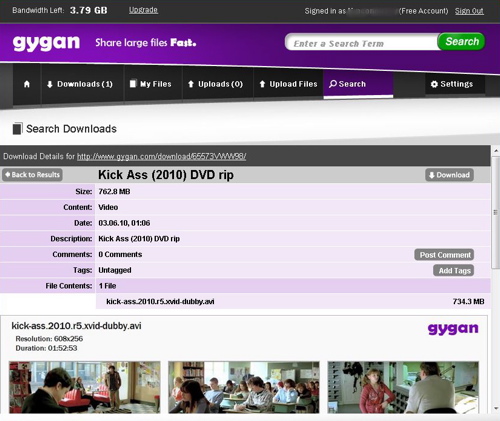

 Windows users can now use the Apple iPad as a wireless display extension with a software package released in beta today called MaxiVista from German software company
Windows users can now use the Apple iPad as a wireless display extension with a software package released in beta today called MaxiVista from German software company ![One of the few official photos of HP's 'Slate' PC, as yet unnamed. [Courtesy HP]](http://images.betanews.com/media/4326.jpg) In a sign that Hewlett Packard is becoming much more serious about WebOS following its
In a sign that Hewlett Packard is becoming much more serious about WebOS following its  Today, Motorola's latest Android superphone, the Droid X, is available for purchase through Verizon Wireless for $199 after the $100 mail-in rebate and with a two-year service contract.
Today, Motorola's latest Android superphone, the Droid X, is available for purchase through Verizon Wireless for $199 after the $100 mail-in rebate and with a two-year service contract.

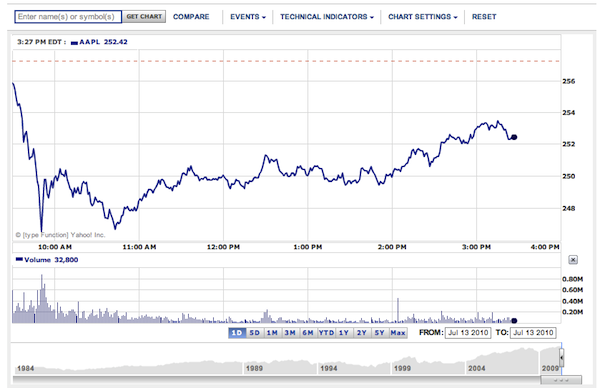
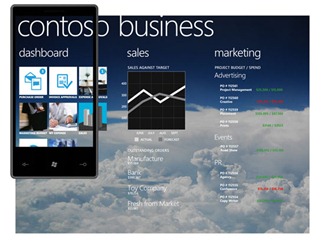 There is more Windows Phone news coming from Microsoft's Worldwide Partner Conference today, and this time, instead of focusing on developers, it is focused on the consumer experience. Microsoft's Senior Vice President of Mobile Communications Andy Lees introduced a couple of major consumer-facing enhancements to Windows Phone today that extend functionality off of the phone's various "hubs" and into other connected services.
There is more Windows Phone news coming from Microsoft's Worldwide Partner Conference today, and this time, instead of focusing on developers, it is focused on the consumer experience. Microsoft's Senior Vice President of Mobile Communications Andy Lees introduced a couple of major consumer-facing enhancements to Windows Phone today that extend functionality off of the phone's various "hubs" and into other connected services.

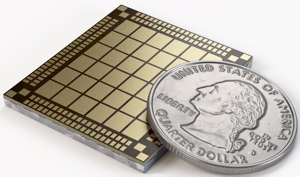 Swedish telecommunications company Ericsson is responsible for all kinds of wireless equipment, from
Swedish telecommunications company Ericsson is responsible for all kinds of wireless equipment, from  Android's unabated growth has been a hot topic recently, and comScore's smartphone market share breakdown
Android's unabated growth has been a hot topic recently, and comScore's smartphone market share breakdown 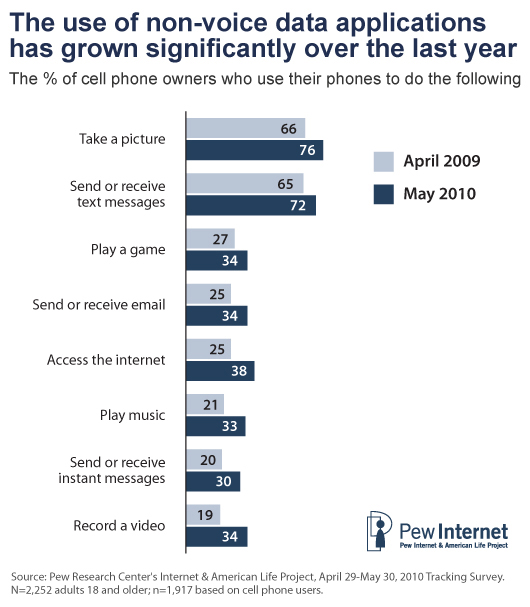
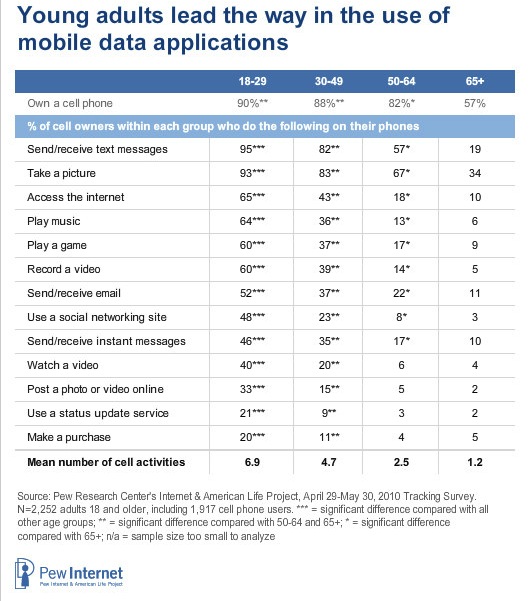
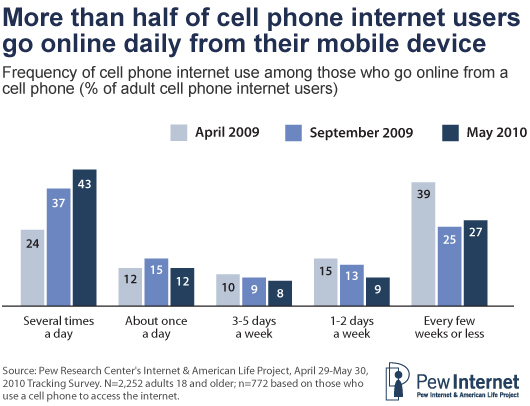
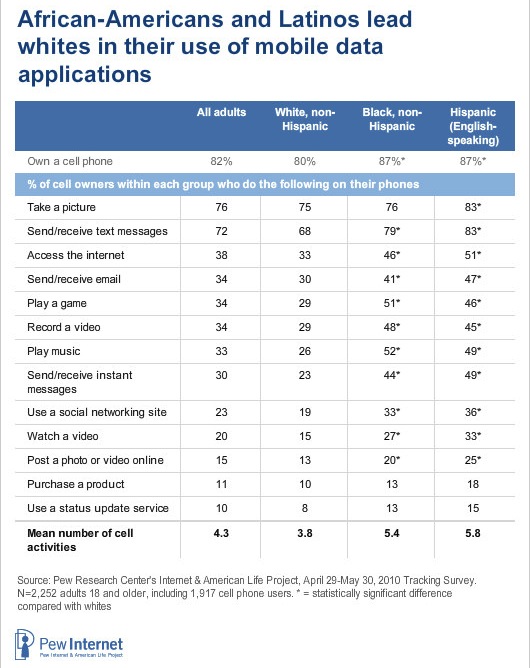


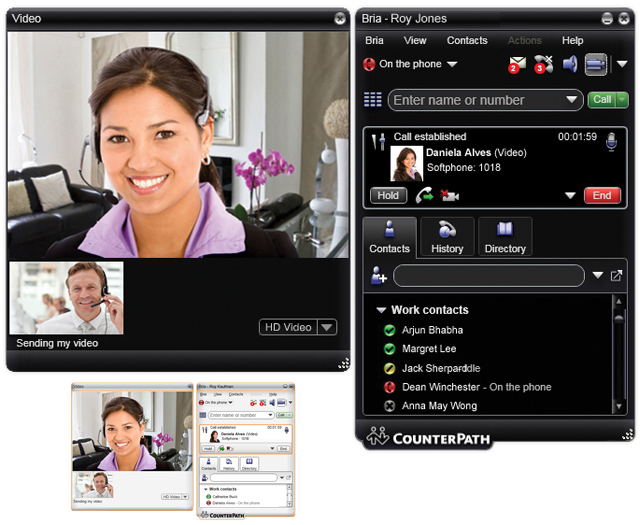

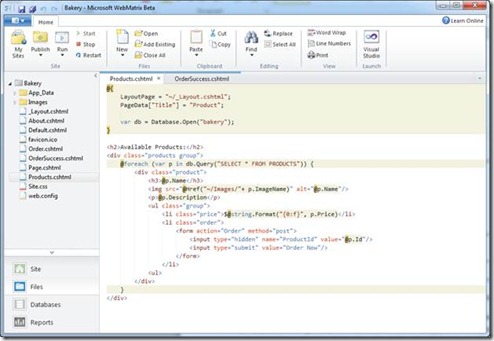
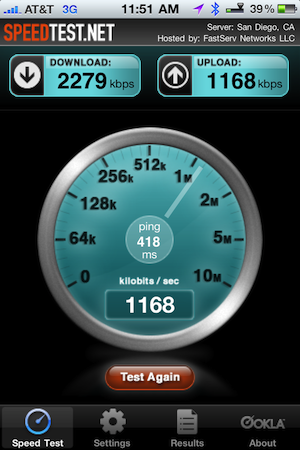
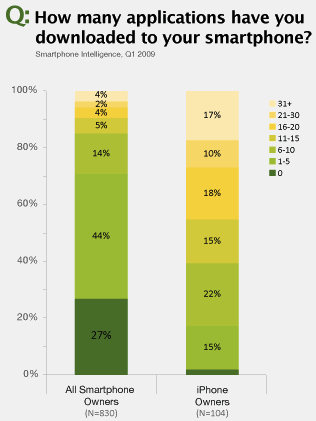 Say, what? No. No. Developers should target a few platforms from which they can make the most money. Perhaps Nohe's advice would be good if it were a "write once, run everywhere" world. For application development, the
Say, what? No. No. Developers should target a few platforms from which they can make the most money. Perhaps Nohe's advice would be good if it were a "write once, run everywhere" world. For application development, the 


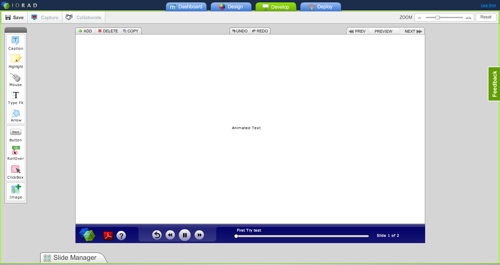
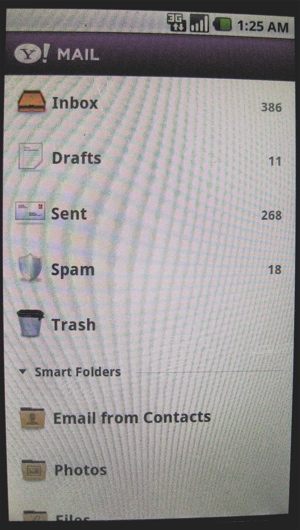
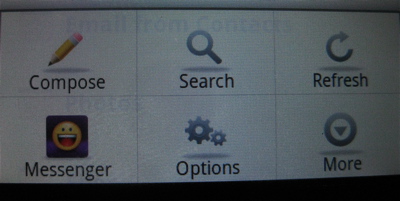

 Keeping the Kindle momentum high, Amazon has announced the next generation of Kindle DX is available for pre-order today, and will be shipping on July 7th.
Keeping the Kindle momentum high, Amazon has announced the next generation of Kindle DX is available for pre-order today, and will be shipping on July 7th.